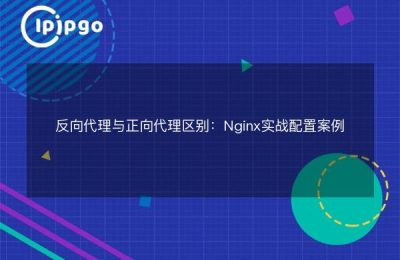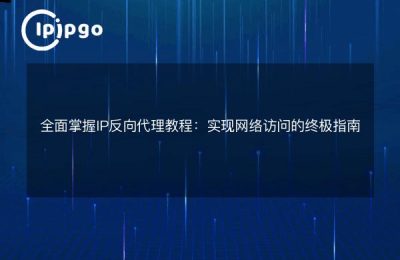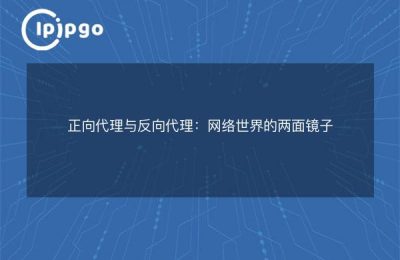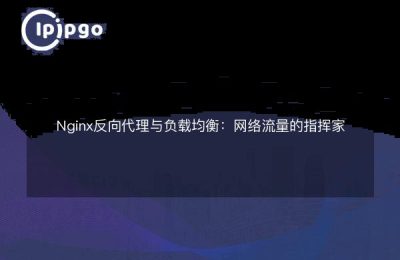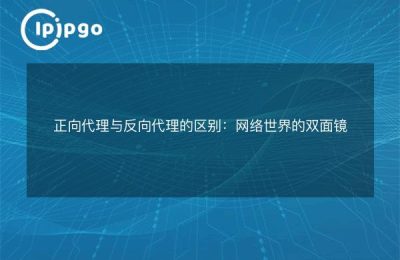
In the digital age, the term reverse agent is becoming more and more common. However, have you ever wondered why it's called a reverse agent? Let's take a deeper look at this question.
What is a reverse agent?
First, let's understand what a reverse proxy is. In the Internet world, proxies are usually used to forward requests and responses in order to act as an intermediary between clients and servers. Forward proxies are used when a client accesses other servers through a proxy server, while reverse proxies are used when a client accesses its own server indirectly through a proxy server.
Why are they called reverse agents?
In order to understand why it is called a reverse proxy, we need to first understand what a forward proxy is. In a forward proxy, the client is aware of the existence of the server it is accessing because the client explicitly requests the proxy server for a specific resource. Reverse proxies, on the other hand, are where the client is unaware that they are actually accessing a proxy server, because the proxy server makes requests to other servers on behalf of the client and then returns the response to the client.
Therefore, a reverse proxy actually hides the actual server from the outside world, and the client cannot access the server directly, but through a proxy server. This proxy server is like a middleman, and the client only knows that it exists without knowing where the real server is, which is why it is called a reverse proxy.
Application Scenarios for Reverse Agents
Reverse agents have a wide range of uses in practical applications, especially in network security and load balancing play an important role. For example, suppose a website suffers from a DDoS attack, at this time the reverse agent can direct the traffic to multiple servers, thus spreading the impact of the attack and protecting the real server from being affected.
In addition, reverse proxies can cache website content to speed up content delivery and improve user experience. By caching static resources to the proxy server, the load pressure on the original server can be reduced and the responsiveness of the website can be improved, which is especially important for highly visited websites.
How do I implement a reverse agent?
To implement reverse proxies, specialized software or tools such as Nginx, Apache, HAProxy, etc. are usually used. These tools help administrators to configure reverse proxy servers for flexible adjustment and management according to business needs.
For example, here is a simple example of implementing a reverse proxy using Nginx:
server{
listen 80; server_name example.com; server_name
server_name example.com;
location / {
proxy_pass http://your-actual-server-ip; proxy_set_header
proxy_set_header Host $host; proxy_set_header X-Real-IP $remote_addr; proxy_set_header
proxy_set_header X-Real-IP $remote_addr; proxy_set_header X-Forwarded-For $proxy_addr
proxy_set_header X-Forwarded-For $proxy_add_x_forwarded_for;
}
}In this example, Nginx forwards the request from the client to `http://your-actual-server-ip` and sets up some necessary HTTP headers to hide the real server while forwarding the request.
concluding remarks
Through the above discussion, I believe you have understood why it is called a reverse proxy, right? Reverse agents play an important role in network technology, providing convenience and security for many Internet applications by hiding real servers and load balancing and other functions. Hopefully, with the explanations in this article, you have a clearer understanding of reverse proxies.

